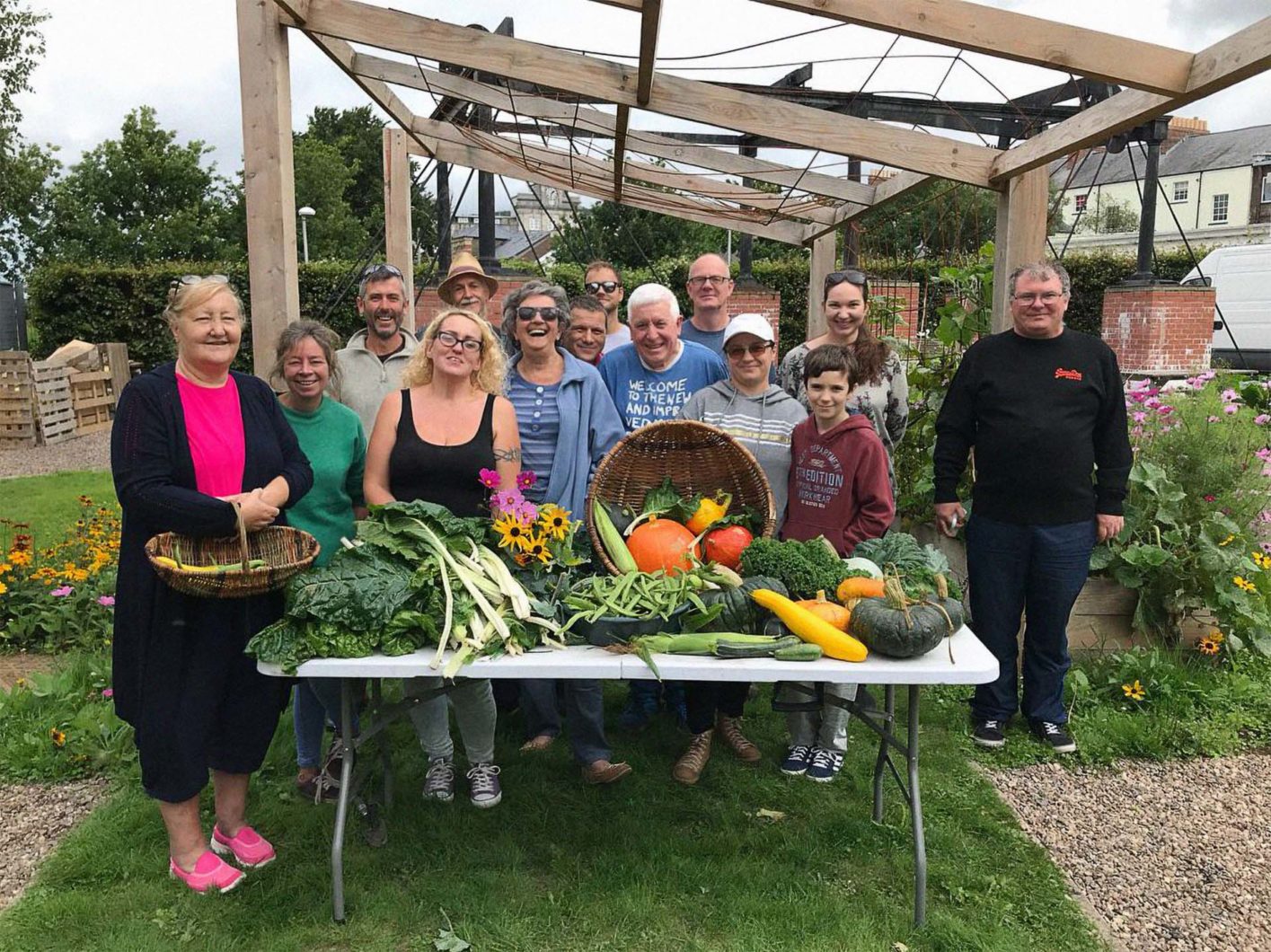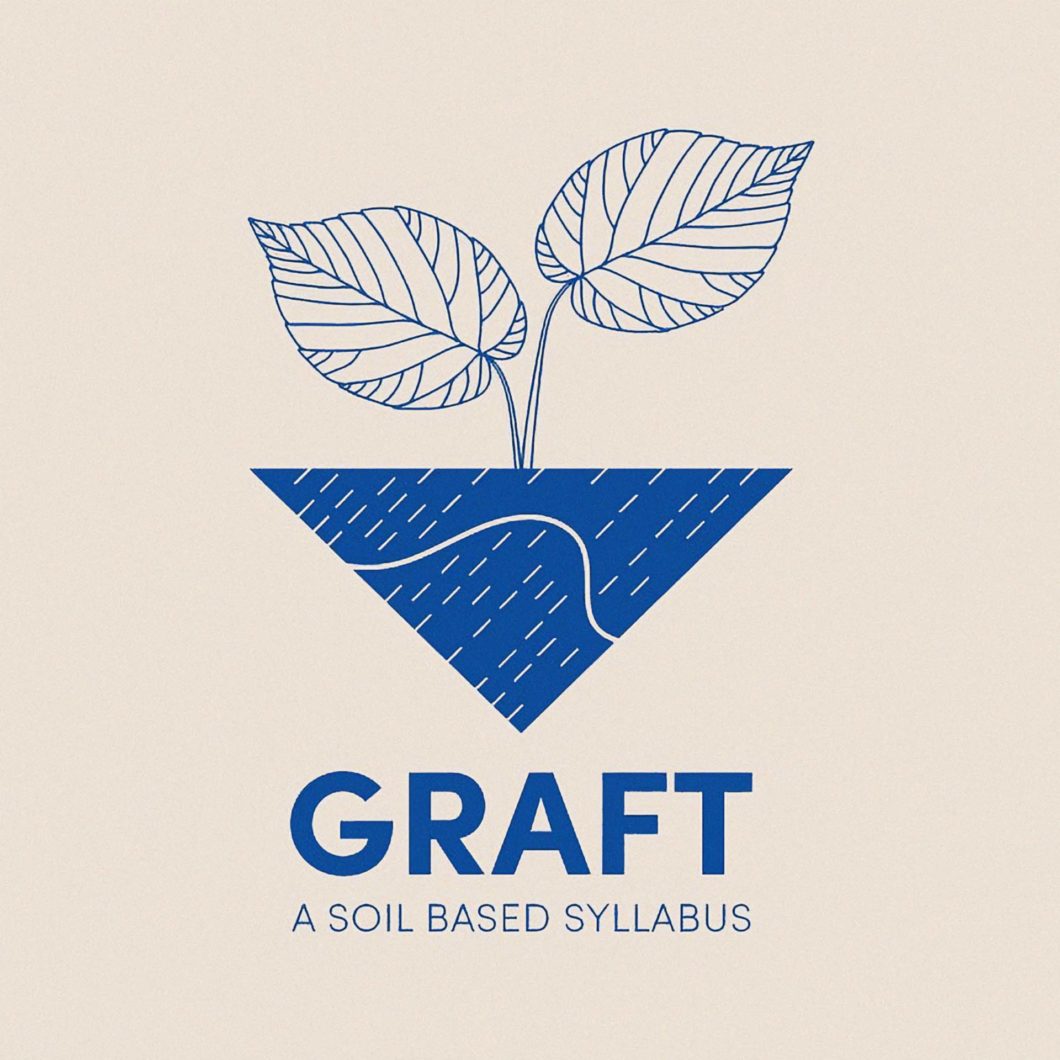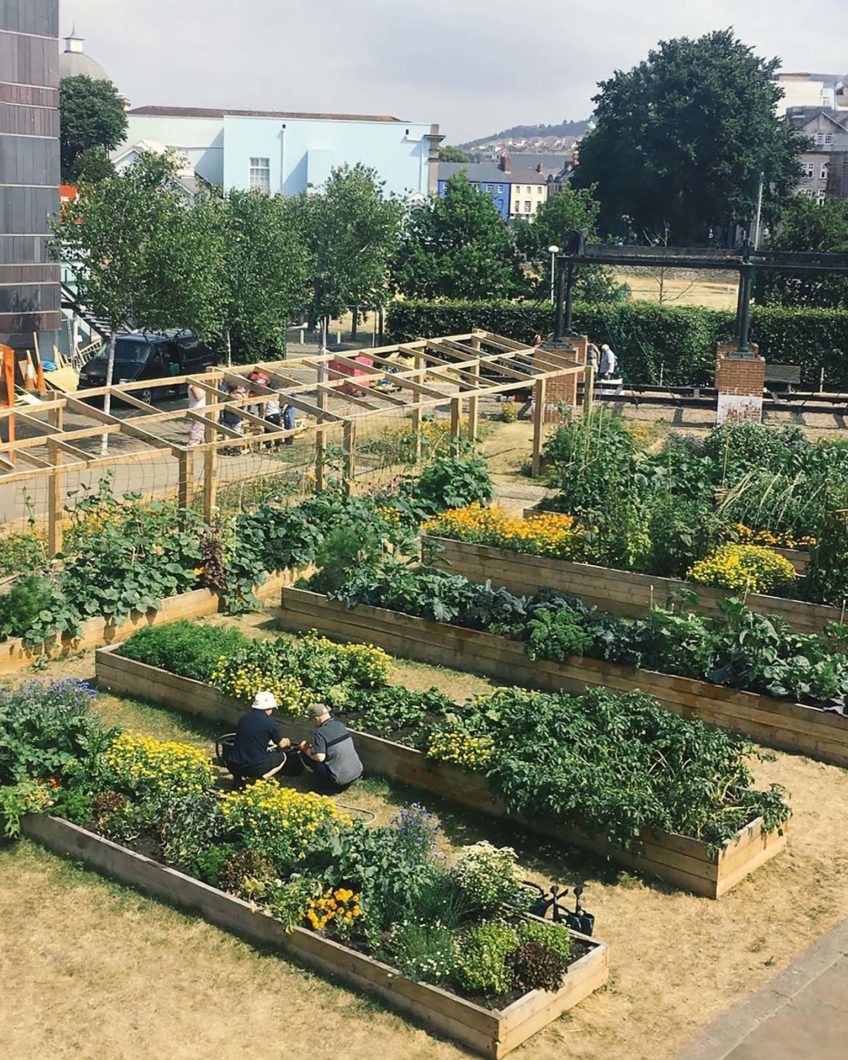GRAFT – A Soil Based Syllabus
A garden and community workshop space to grow food as a practical pedagogy



Initiator(s)
Owen Griffiths, Now the Hero/Nawr yr Arwr, National Museum Wales
Description
GRAFT consists of a garden and workshop based at the National Waterfront Museum in Swansea. The project works with local communities, schools and adult learners to grow food, preserve seeds, keep bees, as well as teaching cooking skills in a clay oven and exploring an alternative, museum-based curriculum. Volunteers are invited to join an intergenerational curriculum of outdoor learning, wellbeing and making connected to food. The garden is a social and educational resource within the museum and provides somewhere for people to gather to grow and cook food, work collaboratively and learn collectively. All of the garden’s infrastructure has been built by the team and participants who are learning woodwork and metalwork skills, alongside horticulture. GRAFT became recognised as an important example of green infrastructure in a city which has undergone endless regeneration cycles and has seen a huge number of trees and green spaces cut down or removed.
Goals
The project creates a new system of practical pedagogy: to connect to food, sustainable development and the creation of a green infrastructure in the centre of the city; to create a sustainable and long-term project that could exist as a useful community resource after the project’s initial 2 year development; to influence the museum as a site of collaboration and co-production; to reimagine the museum's carbon footprint and responsibility to the community in a time of global climate change; to create a new green space in the heart of the city where food can be grown and people can meet and work together to explore culture and community; to create an environmental green space that would influence and affect use of local green and civic spaces. Through its interpretation and aims, GRAFT seeks to make connections and educate visitors on issues of climate, food production, sovereignty and poverty. The initiators work with local Community Supported Agriculture Projects, signposting to organisations such as La Via Campesina, the Land Workers Alliance and local community food initiatives and banks, and support other community gardens across the region. GRAFT’s key goal is to explore the museum as a community resource and how it can support its local constituents.
Beneficial outcomes
The garden provides a space for people to grow and cook food, work and learn collectively, and it fosters the development of a long-term green civic space. The project develops an intergenerational curriculum connecting soil and place with community development. It also works with a local pupil referral unit at a Comprehensive School to train pupils to become beekeepers, learning about biodiversity and climate. Users have made seed bombs, harvested seeds and have sent out hundreds of packs of seeds to community centers across the region. The museum provides participants with accreditation, training and support to explore new skills through the project, which has been designed as wholly participatory. Users share produce with projects and institutions across the city to cook for those in need. GRAFT has influenced the culture of National Museum Wales who are now exploring the possibilities of similar land-based community gardens at all of their 7 sites. The project has also impacted on how the museum accesses the collection, making connections between the processes of the garden and the museum’s focus on industrial heritage, exploring links to capitalism, land use, labour and colonisation.
Location
Wales
Users
Local communities
Maintained by
National Museum Wales, Owen Griffiths and the community of users
Duration
2017 - ongoing
Category
Scientific
Pedagogical
Politics
Urban Development
Economy
Environment
Social






